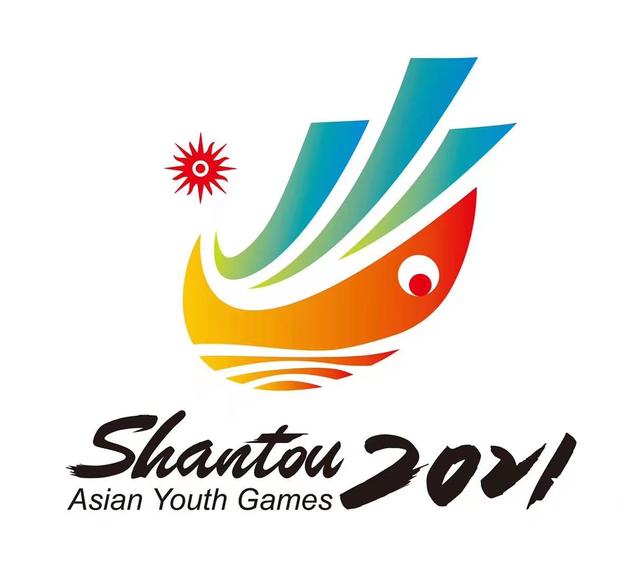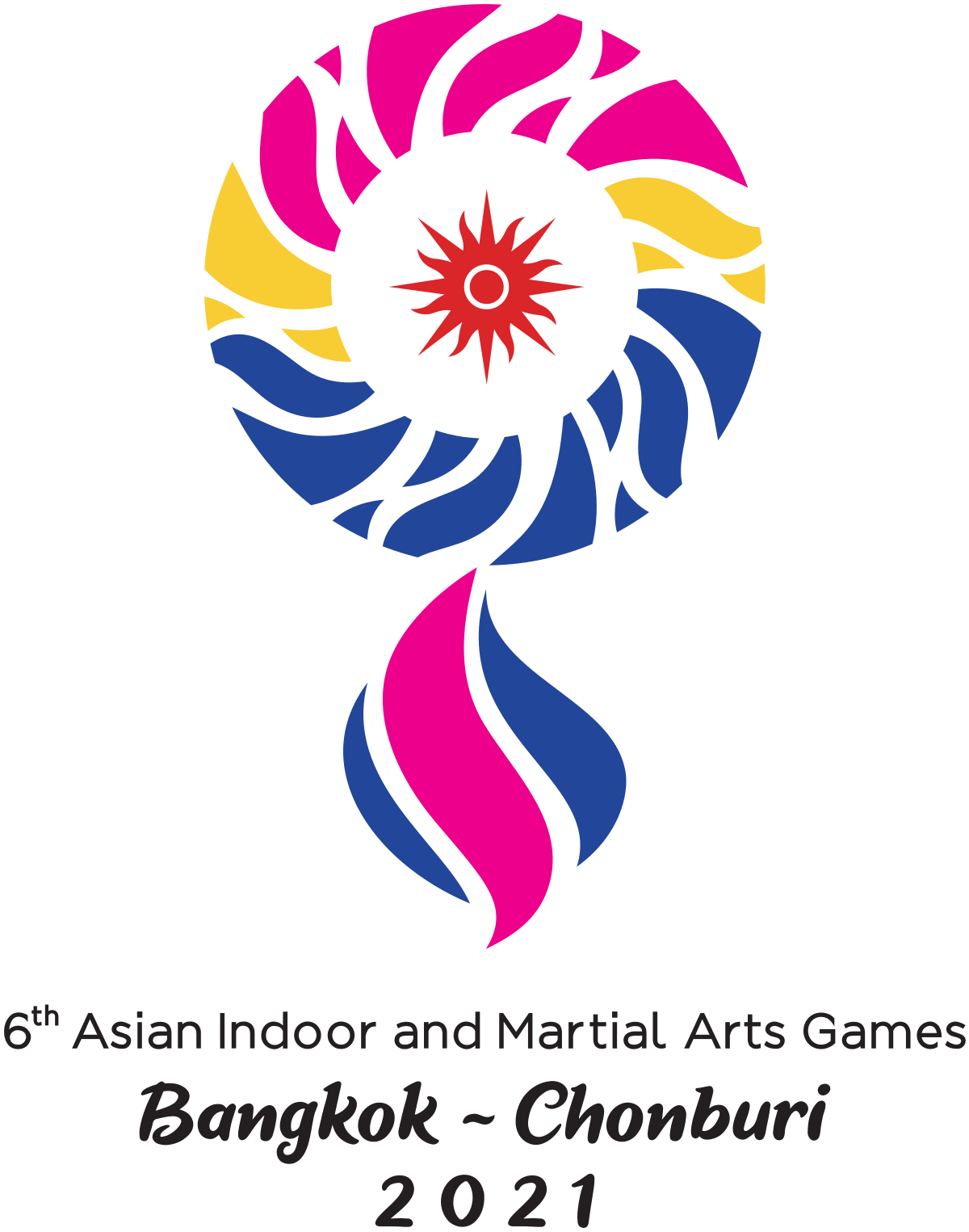Looking for a country other than your own to support during the Olympics? You could do worse than Bhutan. As a former Model UN fanatic who specialized in representing odd, unpopular nations (“Will the chair please recognize Djibouti?”), I’ve always had a soft spot for Bhutan, which is the sort of country you might end up with if Patch Adams were your king. Since the 1970s, the largely Buddhist nation has focused on maximizing Gross National Happiness, an intricate metric that measures how well official policies are serving its 700,000 citizens in categories like psychological well being, community vitality, and hours spent working versus hours spent sleeping. In what is perhaps a natural consequence, since money doesn’t buy happiness, Bhutan is also very, very poor.

As the Olympics go, Bhutan is athletically irrelevant enough that its name is misspelled as “Buthan” in the title bar of its landing page on the official Olympics website. Its two-person delegation to London is among the world’s smallest.The country has never medaled in an Olympic sport and has only competed in a single sport, archery. Bhutan loves archery.
In 1971, archery was named the national sport of Bhutan, though the country’s obsession with bows and arrows long predates that designation. According to the website of Yangphel Archery (“the premier archery pro shop in Bhutan”), the sport has great historical significance: “Lhalung Pelgi Dorji, a Buddhist monk once performed the Black Hat Dance to entertain the king. In the process, he pretended to prostrate but used the occasion to take out the bow and arrow which were hidden inside the large sleeves of the ceremonial dance costumes. He shot the king dead.”
Today, archery is wildly popular among ordinary citizens and Buddhist assassins alike. Most towns have their own archery ranges, and villages often challenge each other to elaborate competitions that can last for days, if not months. These competitions have been described in terms that make them sound like some wildly entertaining cross between college football game and a renaissance fair:
When an arrow hits the target, team-mates perform a celebratory slow-motion dance and sing the praises of the shooter, who tucks a coloured scarf into his belt. For major tournaments each team brings its own cheerleading section of girls decked out in their finest clothes. They perform dances in between each play, and during the shooting they do brief routines and shout lewd and disparaging comments about the opposing archer’s parentage or sexual prowess.
From what I can tell, these tournaments also involve musical interludes, ceremonial drunkenness, and spiritual chicanery. Whereas a sprinter or gymnast might give credit to God after winning an event, Bhutanese archers actively try to court the gods’ favors by hiring astrologers to petition the spirits and curse their opponents’ arrows. This is common enough that the Bhutan Observer has run multiple editorials decrying the unsavory influence that astrologers wield over the national sport.
The Olympic archery setup is slightly different than the tournaments to which the Bhutanese are accustomed—lewd comments about opposing archers are discouraged, sadly—which is perhaps one reason why they’ve never medaled. It doesn’t help that the nation’s poverty has made it difficult for Bhutanese athletes to train; in an interview with Reuters, 28-year-old archer Sherab Zam noted that she didn’t even own her own bow.
All the more reason to root for her, I say. In an era where so many Olympians have corporate sponsors and media training and high-tech equipment, it’s refreshing to see an actual amateur in the competition. If the Olympic spirit still exists, Sherab Zam embodies it. And if an Olympic evil spirit actually exists, I hope Sherab Zam convinces it to curse her opponents’ arrows, thus securing her the gold medal.
Also, for the first time ever, the country is sending an athlete to compete in a sport other than archery. Kunzang Choden, who does not appear to be the Bhutanese novelist of the same name, will compete in the women’s ten-meter air rifle competition. “She is a very sincere, hard-working woman. She is very punctual,” said her coach. I know I’m not the only one who’s sick of all those other Olympians being late all the time. Let’s root for Kunzang Choden, too!
Source; Justin Peters





